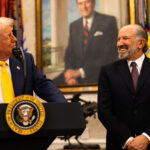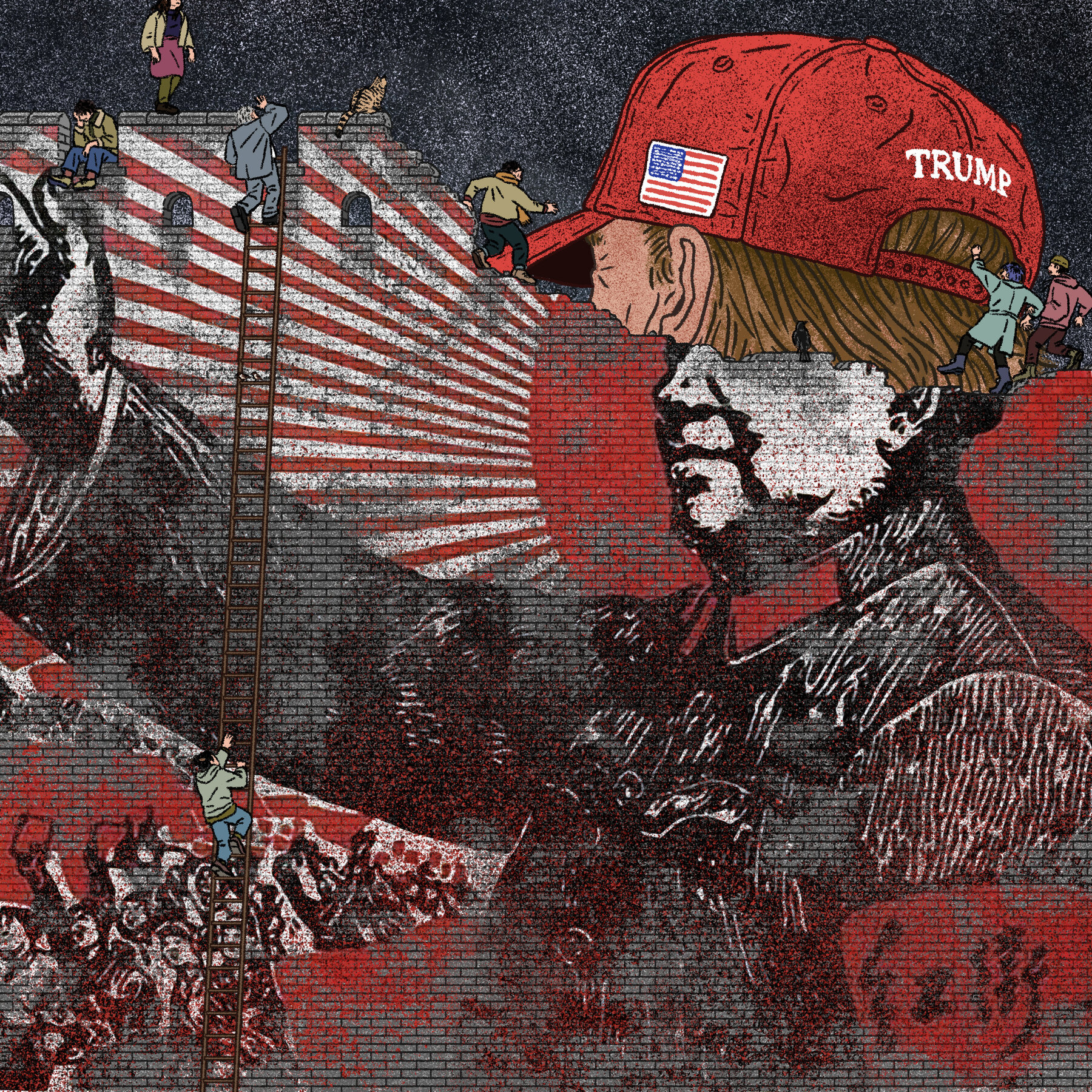All-powerful ‘microtargeting’ swaying the masses into voting a certain way was always overblown, but these days social media has moved on – and so have the parties
You’ve heard the one about the drunk man looking for his keys under the streetlamp? After an age pacing back and forth, scouring the floor for them, his friend asks him where he thinks he dropped them. He points across the road, to a patch of darkness. “Why aren’t you looking there, then,” he friend asks. He shrugs. “Because this is where the light is.” Good joke. Everybody laughs.
Let’s talk about online political adverts.
Don’t expect to see Cambridge Analytica-style microtargeted political adverts driven by personal data during this general election: the tactic is now considered by many to be an ineffective “red herring” and is increasingly being blocked by social media platforms. The digital strategist Tom Edmonds said Facebook had banned political campaigns from using many of the tactics deployed in past contests. “Running a campaign aimed at 500 people didn’t earn them much money and just got them loads of shit,” he said.
The strategy is known within the party as the “80/20” approach, in which it focuses all its spending on the 80 seats it came closest to losing in 2019 and the 20 seats it came closest to winning.
Ad spending reports on Facebook show that these constituencies are exactly where the party is funnelling its money. More than half of the party’s spending on the social network since January has gone to its 80 tightest seats, or to seats it does not hold at all.
TikTok is free – it does not allow paid-for advertising by politicians or parties – but not easy: the social media teams need to work harder to persuade the app’s notoriously opaque algorithm to organically float their content on to users’ phones, which becomes more likely as more people like, share, comment or re-post videos. For smaller, agile parties with low budgets, TikTok will feel like there is everything to win: views, engagement and people who finally find out who they are. Creators who know how it’s done believe Labour has had a better start.
Continue reading… All-powerful ‘microtargeting’ swaying the masses into voting a certain way was always overblown, but these days social media has moved on – and so have the partiesYou’ve heard the one about the drunk man looking for his keys under the streetlamp? After an age pacing back and forth, scouring the floor for them, his friend asks him where he thinks he dropped them. He points across the road, to a patch of darkness. “Why aren’t you looking there, then,” he friend asks. He shrugs. “Because this is where the light is.” Good joke. Everybody laughs.Let’s talk about online political adverts.Don’t expect to see Cambridge Analytica-style microtargeted political adverts driven by personal data during this general election: the tactic is now considered by many to be an ineffective “red herring” and is increasingly being blocked by social media platforms. The digital strategist Tom Edmonds said Facebook had banned political campaigns from using many of the tactics deployed in past contests. “Running a campaign aimed at 500 people didn’t earn them much money and just got them loads of shit,” he said.The strategy is known within the party as the “80/20” approach, in which it focuses all its spending on the 80 seats it came closest to losing in 2019 and the 20 seats it came closest to winning.Ad spending reports on Facebook show that these constituencies are exactly where the party is funnelling its money. More than half of the party’s spending on the social network since January has gone to its 80 tightest seats, or to seats it does not hold at all.TikTok is free – it does not allow paid-for advertising by politicians or parties – but not easy: the social media teams need to work harder to persuade the app’s notoriously opaque algorithm to organically float their content on to users’ phones, which becomes more likely as more people like, share, comment or re-post videos. For smaller, agile parties with low budgets, TikTok will feel like there is everything to win: views, engagement and people who finally find out who they are. Creators who know how it’s done believe Labour has had a better start. Continue reading… Technology, Cambridge Analytica, UK news, General election 2024, General elections, Politics






